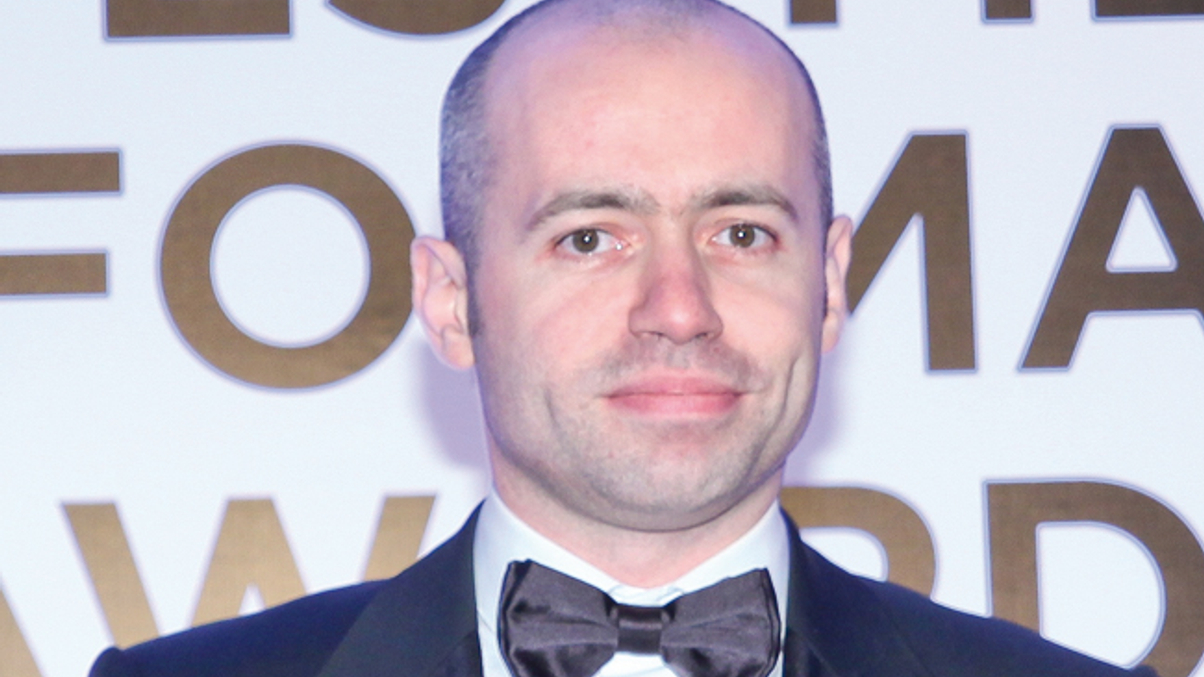Are synthetic ETFs set for a rebirth in Hong Kong?
The SFC has just authorised two sets of synthetic ETFs after a gap of a year-and-a-half, suggesting it is ready to approve such products again after a bout of regulatory tightening.

Hong Kong’s securities regulator appears to have reopened the market for synthetic exchange-traded funds after a hiatus of a year-and-a-half, fuelling expectations that 2012 will see more such products listed in the city.
Sign in to read on!
Registered users get 2 free articles in 30 days.
Subscribers have full unlimited access to AsianInvestor
Not signed up? New users get 2 free articles per month, plus a 7-day unlimited free trial.
¬ Haymarket Media Limited. All rights reserved.


